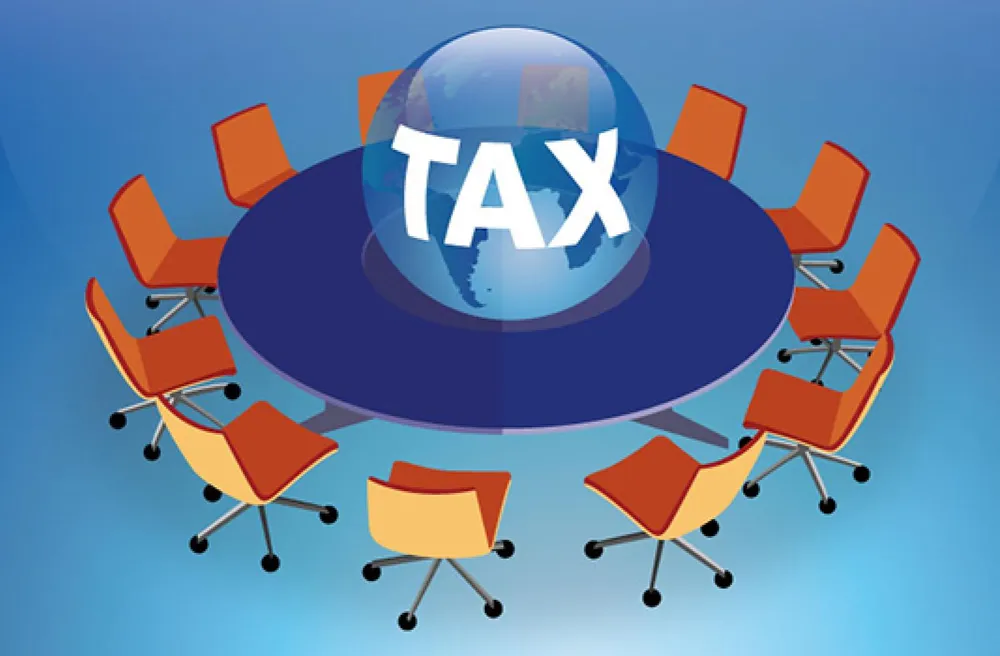
If just 20% of these business households transitioned into formal enterprises, Vietnam would add over one million new companies to its official economy—helping the country get closer to its goal of two million registered businesses by 2030. However, for this transformation to happen, the government will need to address one of the most persistent concerns: taxes.
A Hidden Economic Powerhouse
According to the General Statistics Office, the average business household in Vietnam reports annual revenues of between VND 300 million and VND 500 million (roughly $12,000 to $20,000). But many significantly outperform those averages. In fact, data from the General Department of Taxation shows that more than 37,000 households generate over VND 1 billion (approximately $40,000) in annual revenue. These higher-income households, particularly in sectors like food and beverage, retail, and small-scale manufacturing, have the potential to scale into fully-fledged enterprises.
Starting June 1, 2025, these larger business households will be required to issue electronic invoices directly connected to tax authorities—part of a broader move toward formalization. But so far, only a small number have opted to convert into enterprises voluntarily.
The Vietnamese government has acknowledged the importance of supporting this transition. Resolution 68-NQ/TW, issued by the Politburo, outlines a series of incentives and reforms aimed at facilitating the shift from household business to formal enterprise. These include corporate income tax exemptions for the first three years, elimination of business license fees, simplified administrative procedures, and the digitalization of tax, accounting, and insurance regimes.
But for many households, policy declarations are not enough. Without follow-through at the local and ministerial levels, implementation remains uneven and uncertain.
Tax Complexity: A Major Sticking Point
Despite the benefits of formalization—including legal status, access to credit, and better protection under the law—many business owners remain hesitant. The biggest source of concern? Taxes.
Mr. Hữu Tín, a household business owner in Ho Chi Minh City, summed up the dilemma: “We want to scale up and formalize, but we’re afraid of the tax obligations. It’s not just about paying more—it’s about understanding complex rules, doing proper accounting, and submitting regular reports. If we make a mistake, we’re penalized.”
This sentiment is echoed by legal experts. According to lawyer Nguyễn Đức Nghĩa, Deputy Director of the Center for Supporting Small and Medium Enterprises under the HCMC Business Association, the issue isn’t a lack of willingness to formalize—it’s fear of compliance risk and rising operational costs.
“There are also logistical hurdles,” Nghĩa noted. “Some household businesses use their own apartments or shophouses for operations. When they convert to enterprises, zoning laws may prevent them from registering their homes as legal business addresses. So they have to rent an office or use a virtual address, which adds to the financial burden.”
A Call for Simplification
To build confidence among business households, experts argue that Vietnam’s tax system must be simplified and tailored to the realities of small and micro businesses. That includes streamlining compliance requirements, introducing easier-to-use reporting formats, and adjusting penalties to avoid disproportionate punishment for small-scale administrative errors.
Resolution 68 outlines these ambitions, but implementation is the key. Business households are closely watching to see if tax agencies and local governments can deliver on promises of simplification and fairness.
One critical milestone will come in 2026, when the current lump-sum tax regime for household businesses is scheduled to be phased out. Under this system, many households pay a flat fee based on estimated income rather than actual earnings. While it reduces complexity, it also allows for underreporting and makes revenue tracking difficult.
Replacing lump-sum tax with a revenue-based system is necessary for transparency—but it must be accompanied by digital tools and regulatory support to avoid overwhelming small businesses. In this context, the government's push for e-invoicing and digital tax platforms could help, but only if accompanied by training and support.
Legislative Reform on the Horizon
To further institutionalize the transition, the Vietnamese government is considering a new Law on Private Enterprises that would unify the regulatory framework for both household businesses and private companies. The proposed law aims to simplify establishment procedures, reduce compliance costs, and exempt smaller firms from annual audits and financial reporting if their revenue falls below a certain threshold.
This approach is modeled after international best practices, recognizing that one-size-fits-all regulations often fail to support small entrepreneurs. Instead, a tiered compliance model—where obligations scale with business size—can encourage more households to formalize without facing prohibitive barriers.
“Legislative clarity and operational simplicity are crucial,” said Nghĩa. “We need to reduce the psychological and financial barriers. Only then will we see a wave of household businesses transitioning to the enterprise sector.”
A Roadmap for Transformation
Beyond incentives and legal reform, experts stress the need for a clear, phased roadmap for transitioning all business households into formal enterprises. This plan should include timelines, support structures, and mechanisms for feedback and revision. Most importantly, it must be grounded in the lived realities of Vietnam’s small business owners.
The Government’s Resolution 138/NQ-CP, which outlines an action plan to implement Resolution 68, assigns the Ministry of Finance to lead efforts to simplify tax and accounting rules. But the challenge lies in execution—not just drafting policies, but ensuring local tax offices, business registrars, and consulting services are all aligned with the reform agenda.
In the long term, transforming Vietnam’s business household sector will require more than regulatory change—it will demand a cultural shift. For decades, operating as a household business has offered a low-risk, low-regulation path to economic security. Convincing millions of these entrepreneurs to enter the formal economy means showing them that the benefits—access to credit, business protection, and growth opportunities—outweigh the burdens.
Vietnam has the vision, policy tools, and economic incentive to turn its informal economy into a formal powerhouse. But unless tax concerns are addressed head-on, the goal of reaching two million enterprises by 2030 may remain out of reach.




















